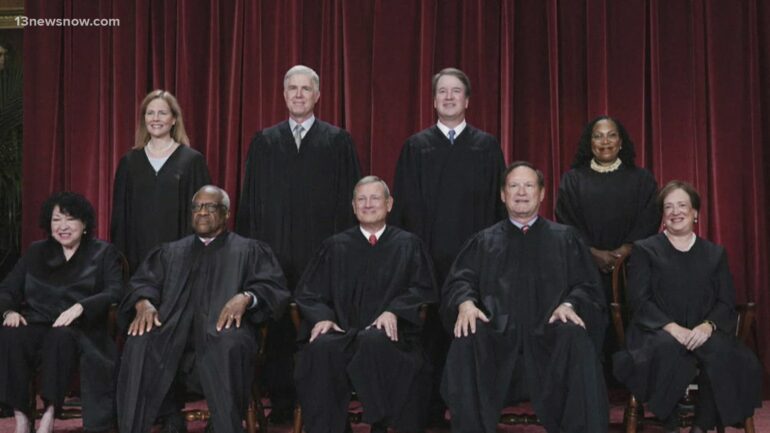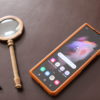Posing as a “Christian conservative” at the Supreme Court Historical Society’s members-only, black-tie gala, liberal journalist and filmmaker Lauren Windsor secretly recorded her conversations with Supreme Court Chief Justice John Roberts, Justice Samuel Alito and Alito’s wife, Martha-Ann Alito. The event on June 3, 2024, was not open to journalists.
The nature of the remarks in the surreptitiously obtained recordings has renewed discussion about Justice Alito’s impartiality – Windsor’s goal in making the recording – and raised questions about journalistic ethics. But the recordings also highlight two significant problems society faces.
First is the reality of pervasive, electronic surveillance today: Everyone wears or carries one or more always-on smart devices embedded with highly sophisticated audio- and visual-sensing capabilities. The microphones and cameras in people’s smartphones and smartwatches record, collect and share their communications, locations and activities. Even for the rare person who avoids such devices, they are still typically surrounded by others’ devices.
Second is the failure of U.S. law’s once-robust electronic surveillance legal framework embodied in the federal Electronic Communications Privacy Act, commonly referred to as the Wiretap Act, and state counterparts to keep pace in the era of smart devices. The weakened surveillance protections are coupled with the legislative failure to protect data privacy.
I am an attorney and law professor at the University of Richmond’s School of Law, and these laws and issues are the focus of my legal practice and research as lead author of “Wiretapping & Eavesdropping”, a four-volume work covering privacy and electronic surveillance law.
The who, how and where of recording
Electronic surveillance laws make it a crime to use a “device” to surreptitiously record or intercept communications, like email and oral conversation, without consent. Doing so, whether remotely or in person, is sometimes referred to as wiretapping or electronic eavesdropping. From the nature of Samuel and Martha-Ann Alito’s remarks, it appears they were unaware they were being recorded. So, did this undercover advocacy journalist violate wiretapping laws?
From a legal standpoint, the facts about who was being recorded, how they were being recorded and where they were being recorded matter. If someone is aware they are being recorded – and continues speaking – or has consented to being recorded, the recording is usually lawful.
The Wiretap Act and some state counterparts, including the District of Columbia’s law, permit recording if one person in a conversation consents, even if other participants in that conversation are unaware that they are being recorded. In other words, if you’re speaking privately with someone, you take the risk that they may be recording you, even if they deceive you about who they are, as Windsor did in this case, and as…



